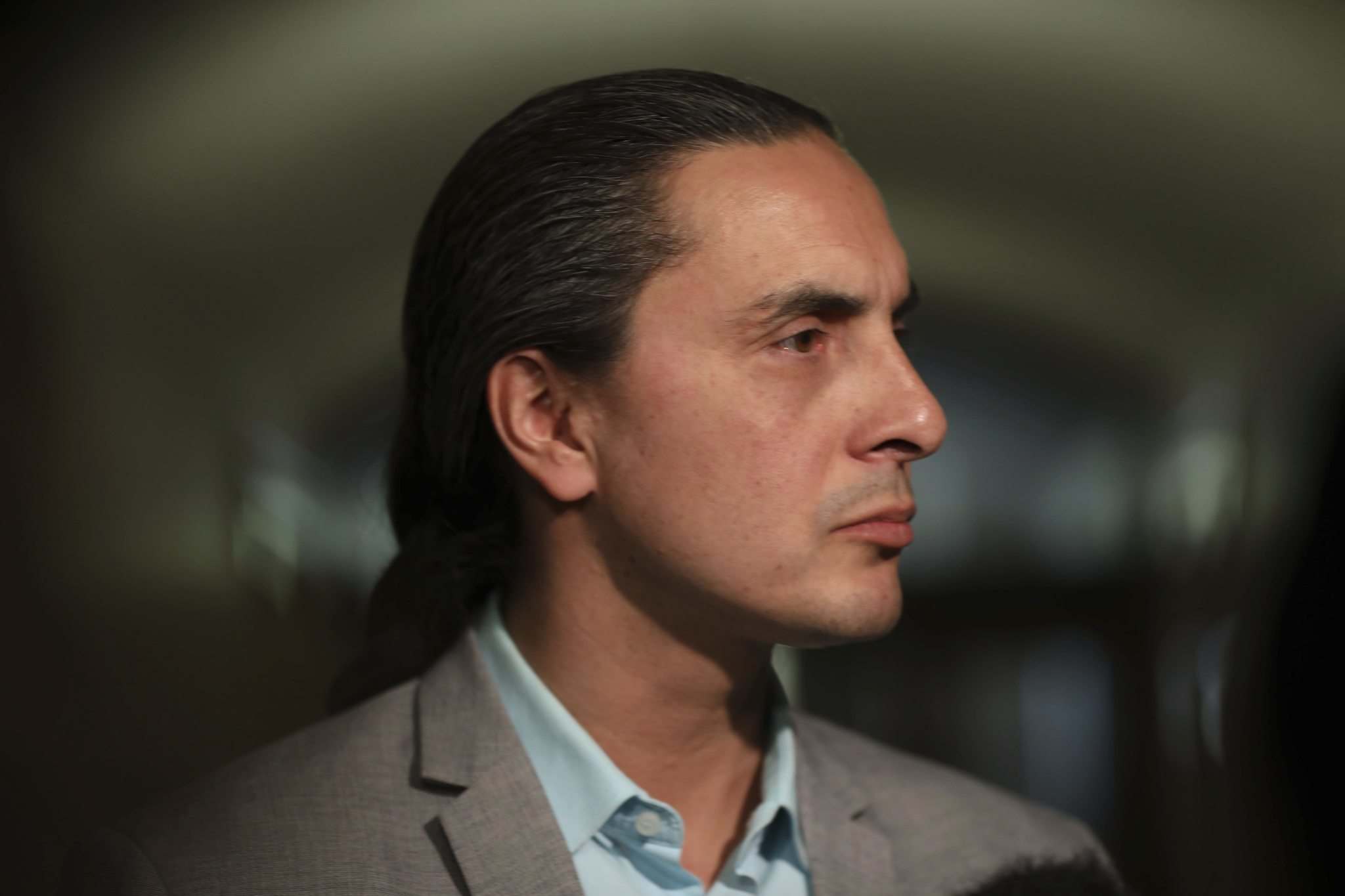Barriers to status registration are a threat to reconciliation: AMC

June 7, 2018
Treaty One Territory, Manitoba
AMC Communications
By Dylan Robertson
Winnipeg Free Press
OTTAWA — The Assembly of Manitoba Chiefs says persistent barriers to registering for Indian status may derail the federal Liberals’ reconciliation efforts in Manitoba.
This month, Ottawa will launch a review of who should qualify for Indian status, a concession the Liberals offered during a standoff last year with Manitoba senators.
But Grand Chief Arlen Dumas said federal bureaucrats are making it “very difficult and cumbersome” for those who already qualify to register.
Two years ago, the Winnipeg office where registrations took place closed to the public.
First Nations People require Indian status to access their treaty rights as well as services such as dental care. In December, Parliament passed Bill S-3 to rectify parts of the Indian Act that stripped status from women who married non-Indigenous men, as well as their descendants.
The new law rectifies the lineage issue dating back to 1951. Sens. Marilou McPhedran and Murray Sinclair pushed the government to expand it to the 1867 start of the Indian Act.
After emotional outbursts in Parliament and a scathing court ruling, the Liberals ultimately agreed to the Senate’s demand, but only after conducting a one-year consultation with First Nations.
Ottawa expected from 28,000 to 35,000 people to register under the initial changes to the act, but the Free Press reported that only 2,983 had applied as of May 2. Ottawa is reviewing 4,000 older applications.
Dumas said those numbers are low because Ottawa keeps making it tougher for Manitobans to register, especially for those most in need of the services that come with Indian status, such as people who don’t have a permanent home.
Winnipeggers used to be able to walk into the registration office at 365 Hargrave St. until protesters occupied that building in 2016 during a suicide crisis on reserves. After the six-week protest, staff restricted the office to appointments only.
Indigenous Services Canada wouldn’t say whether it will reopen the Winnipeg office to walk-ins. “We understand the inconvenience this may cause and we encourage clients to call for assistance or to book an appointment,” wrote spokeswoman Martine Stevens.
The AMC said people have to schedule appointments around child care and work, at times getting an automated response with an appointment time that might not work for them.
The phone line accepts calls 10 a.m. to noon and 1 to 4 p.m., Monday to Friday. The department says it received 2,900 calls from March 15 to May 25, 93 per cent of which were answered by employees; the rest went to voice mail, which has a three-day response target.
In May 2017, the AMC said it proposed that ISC house an Indian-status card counter at its Eagle Urban Transition Centre, which offers everything from job training and cultural activities to referrals to a food bank. The assembly said it reached out to ISC multiple times, but never heard back.
“We could actually work with the department, so that we could help facilitate and expedite how we register our people,” Dumas said. ISC acknowledged “informal discussions” about the proposal. “We are open to exploring these options with our partners,” Stevens wrote.
Dumas said the bureaucracy responds much faster when it wants to. Recently, officials visited a First Nation that was part of a settlement in Manitoba’s 2011 floods, to register locals for status under the terms of that agreement.
“Magically, the department had a rolling office that was able to give people their status cards on the spot,” Dumas said.
“When they want to, or when they need to, they’re able to do it fairly quickly. But there seems to be an obstructionist relationship there, in regards to registering our children.”
Dumas said the issue is so central to First Nations’ leaders that it risks derailing the Liberals’ approach to reconciliation.
“They want us to tell them what it is we want, and we’ve been doing that,” he said. “It’s coming close to a time where we’re going to have to start questioning their words, because they don’t seem to be honouring those sentiments.”
dylan.robertson@freepress.mb.ca